|
We believe that approaching a cupping table with an open mind and senses is the correct way to learn, discover, and experience new sensations. We don't assume that origins have pre-assigned profiles like Kenya being associated with berries and Sumatra with chocolate. The coffee flavours can be as diverse as flavours are found in the world. This makes our work exciting because it's a journey to an unknown world of textures, flavours, and aromas that many people have never explored. And therefore, we are fortunate to guide them on this journey through specialty coffee. Umami is described as the fifth flavour, along with sweet, sour, salty and bitter. It is a savoury flavour that can be found in foods such as tomatoes, mushrooms, soy sauce, and aged cheeses, and is attributed to the presence of glutamate in these foods. Glutamate is a neurotransmitter, responsible for sending messages between neurons and the brain. All foods, including coffee, contain some amount of glutamate. Tomatoes, cheese and mushrooms contain high amounts of glutamate. However, in coffee, it is unlikely that this flavour is derived from free glutamates, as there are very few free glutamates present in green coffee. Therefore, it is more likely that the umami flavour that we sometimes find in certain lots is attributed to other compounds and substances present in coffee.
0 Comments
We are in the presence of a revolution, a revolution of farmers! In case you hadn't noticed, revolutions are no longer about warfare. Today revolutions are spiritual, technological or ideological. Furthermore, the leaders no longer die for their cause, but instead, seek refuge in a neighbouring country until the danger passes or they simply change their beliefs. This is precisely what has happened in Kenya, a revolution. The coffee farmer's revolution! Although, according to our records collected over the years, we had established that Kenya was the African country where the best price per kg of cherry was paid (about 1 USD per kg). But the coffee farmers were not happy with that, and who is? We all want more, it's part of our human nature. The problem here was not greed, but rather that many of them did not generate enough income to cover their production costs. This resulted in many of them giving up coffee, in favour of more profitable crops such as avocado or macadamia.
As we prepare to receive a new harvest of Kenyan coffee, we realise that there are several misconceptions associated with Kenyan coffee, let's review the most common ones: 1.- There is a misconception that Kenyan coffees are too acidic and unsuitable for use in espresso or milk-based drinks. However, this is simply not true. The acidity level of a coffee can be controlled by adjusting the roast profile. Although some coffees have a higher natural acidity, this can always be reduced by roasting if necessary.
As of today, we are informed that some milling facilities are operational but are experiencing significant delays. We plan to complete the selection process by the end of February and start milling in March. Our target is to have the coffee in Barcelona by April. However, there may be unforeseen delays, so we suggest you stay informed and caffeinated. Kenyan coffee has always been highly valued by roasters and importers, and international prices serve as a benchmark for the local price on the Nairobi Coffee Exchange. However, the coffee sector is currently struggling and in need of renewal, as more and more farmers abandon coffee farming in favour of better-paying enterprises such as real estate and avocado cultivation. The government is working to halt the decline, as there are concerns that the once-thriving coffee sub-sector has lost its lustre.
As we enter 2024, we find our purchase planning clouded by uncertainty and doubt. As you may know, the new EU Deforestation Regulation (EUDR) requires companies trading coffee and other commodities such as livestock, cocoa, oil palm, rubber, soy and timber, as well as products derived from these, to carry out extensive due diligence in the value chain to ensure that the goods are not the result of recent deforestation, forest degradation or violations of local environmental laws. European importing companies will need to prepare for the new obligations that will apply from 30 December 2024. From the importer's perspective, the EUDR will require companies to digitally map their supply chains back to the farms where the coffee was grown, which could involve tracking thousands of small farms in remote regions. This is obviously impossible to do, because importers do not directly visit all the smallholders we work with and rely in part on data provided by local exporters, some of whom also do not deal directly with coffee farmers.
Tensions spilling over from the war in Gaza to merchant ships in the Red Sea escalated on Saturday when media reported that the Israeli military had shot down more than a dozen unmanned attack drones. The Houthis, an armed group that controls much of northern Yemen, have been carrying out drone and missile strikes against Israeli and US targets since the Hamas-led attacks on Israel on October 7. They have said they intend to prevent Israeli ships from sailing in the Red Sea until Israel stops its war against Hamas, which rules Gaza.
If you have been in the speciality coffee industry for any length of time, you have probably heard the name Giling Basah. You may also have heard other names, such as Sumatra, Gayo or Kopi Luwak. Certainly, all these terms belong to the local Indonesian language, Bahasa. And they are also already part of the language of the coffee industry, so you should understand what they mean. Giling Basah in the local language, Bahasa Indonesian, means wet hulled. It refers to the local way of processing coffee, and more specifically to the moment when the parchment is removed from the green coffee. As we know, coffee processing aims to clean the green coffee from all the protective layers, mucilage, pulp and fruit that protect it. This wet hulling process is very particular, because it removes the parchment from the green coffee when it is still wet, i.e., at 45-50 % humidity. This would be seen as an aberration anywhere else in the world.
As the new harvest begins in Kenya, it is always important to dive into the complex relationship between coffee, politics, climate change, industry trends and international trade. The harvest has started this November at a very slow pace, and shows great potential for western coffees, i.e., the Bungoma region and its surroundings. In addition, the big news is a new government proposing deep structural changes to the industry at different levels, large millers and traders, the Nairobi Coffee Exchange and the cooperatives. In Kenya, there are three major coffee trading companies: Sucafina, Ecom and NKG. These companies also own factories and marketing agencies that were formed in accordance with government regulations, which required that a company could only engage in marketing, milling or exporting if it had companies dedicated solely to that particular service. With the current reforms, these companies lost their licences and were required to apply for a licence for a single service, e.g., marketing only.
Fear of the unknown is something we have all experienced. The exotic, the different, the uncertain, is something we immediately reject, and this is nothing more than a survival reflex developed over millions of years of evolution. Throughout human history, we have been able to survive various threats because we have instinctively rejected the unknown, opting instead for the safe, the familiar and the certain. But on many occasions the unknown can also save your life, bring you wellbeing and illuminate a wonderful path that you did not know before. Sumatra for us has been one of those experiences, one of those coffees that does not leave you indifferent, one of those that you either love or hate. For us it was love at first sight. Sumatra is the largest island in Indonesia. It is an exotic and mysterious island, with a history that not many know about, making it perhaps an obscure place, but the reality is that Sumatra is a majestic island, with abundant nature and friendly people, like few others in the world. And while most of its coffee production is concentrated in the far south of the island and is exclusively Robusta coffee (perhaps hence its bad coffee reputation), the north of the island produces only arabica coffee and in recent years the focus on quality has been growing. In the world of speciality coffee its reputation has been changing for the better, and in some regions like Gayo, we happily see more and better coffees year after year.
To understand Indonesian coffee, it is essential to understand its geography, culture and history. Indonesia is the largest archipelago in the world, made up of more than 17,000 islands, including Sumatra, Java, Sulawesi and parts of Borneo and New Guinea. With more than 278 million inhabitants, Indonesia is the fourth most populous country in the world and the most populous with a Muslim majority. Java, the most populous island in the world, is home to more than half of the country's population. The Dutch governor of Malabar (India) sent Arabica coffee seeds from Yemen to the Dutch governor of Batavia (present-day Jakarta) in 1696. The first seeds failed due to flooding. The second shipment of seeds was sent in 1699. The plants grew, and in 1711 the Dutch East India Company -VOC- sent the first exports from Java to Europe, reaching 1,000 kg shipped in 1717.
|
Archives
April 2024
Categories
All
|
- What We Do
- Que Hacemos
-
Origins
-
Orígenes
- Education
- Educación
- Contact
- Contacto
- Home Roaster Store
- Tienda del Home Roaster

|
Copyright © 2015-2024 | Kilimanjaro Specialty Coffees España S.L.U. All Rights Reserved.
|

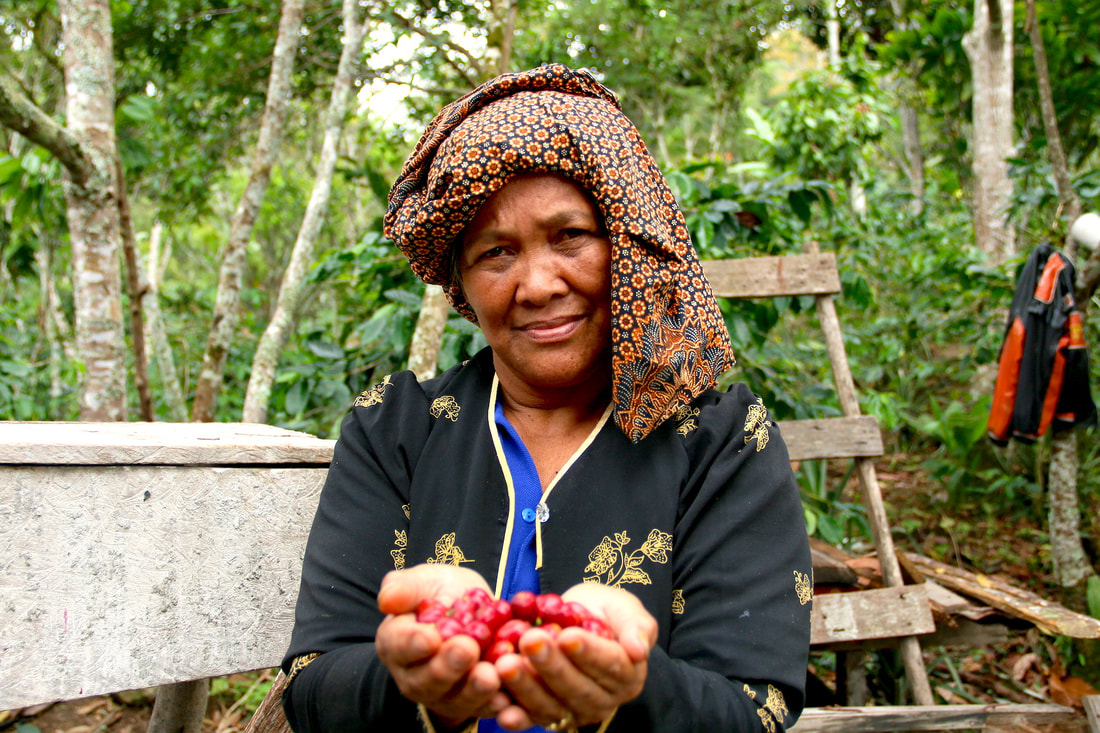
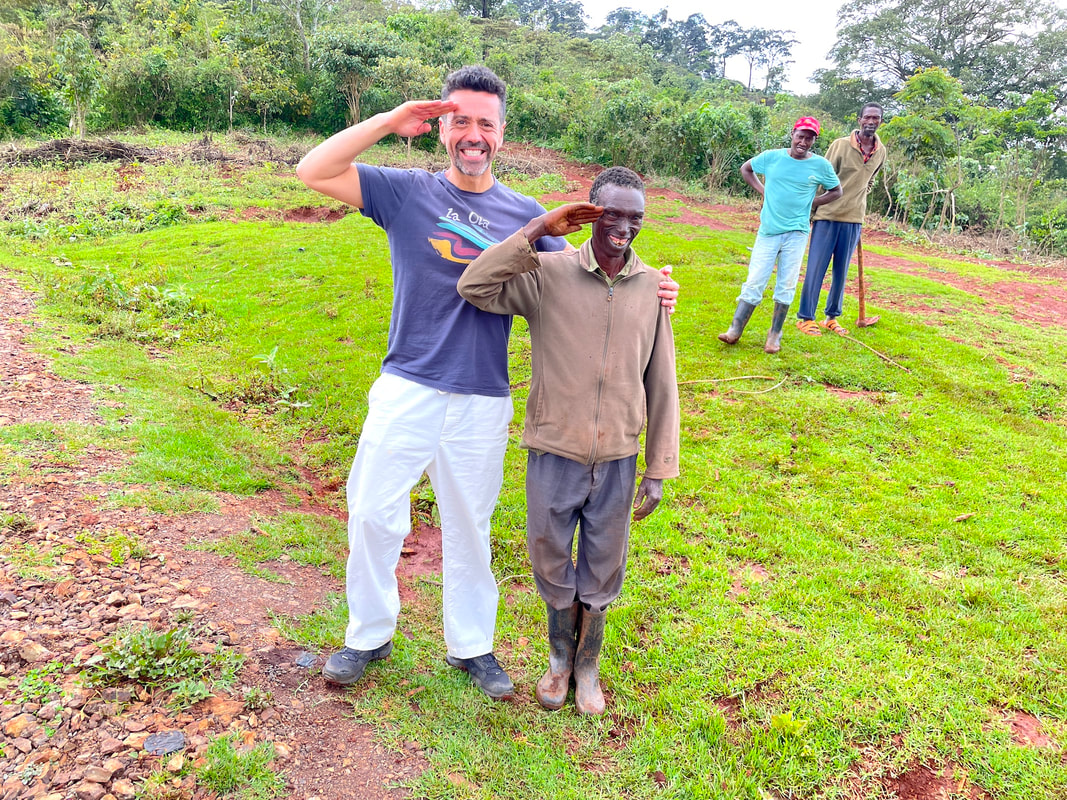
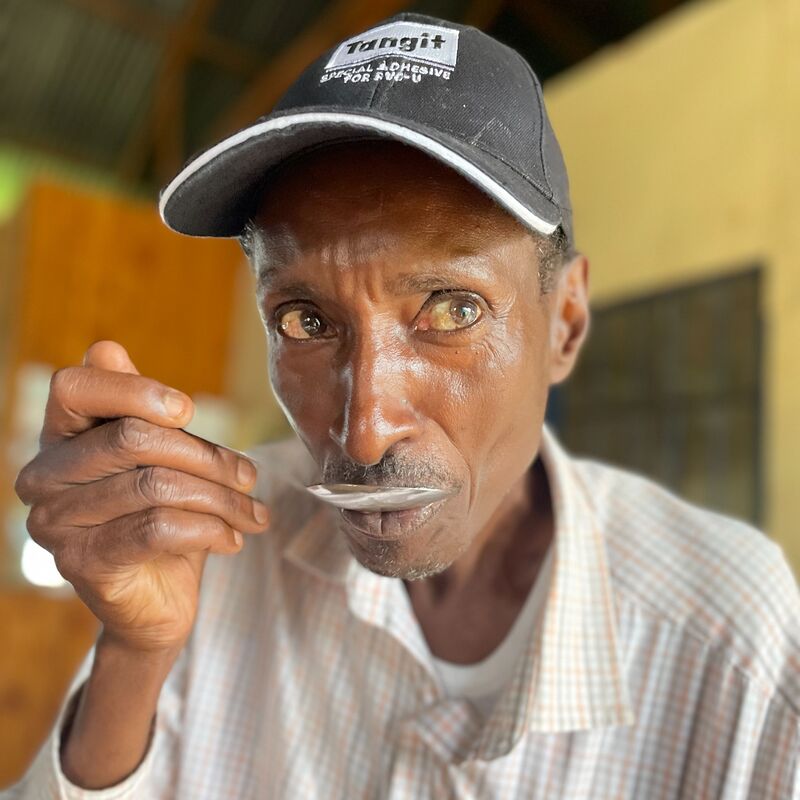
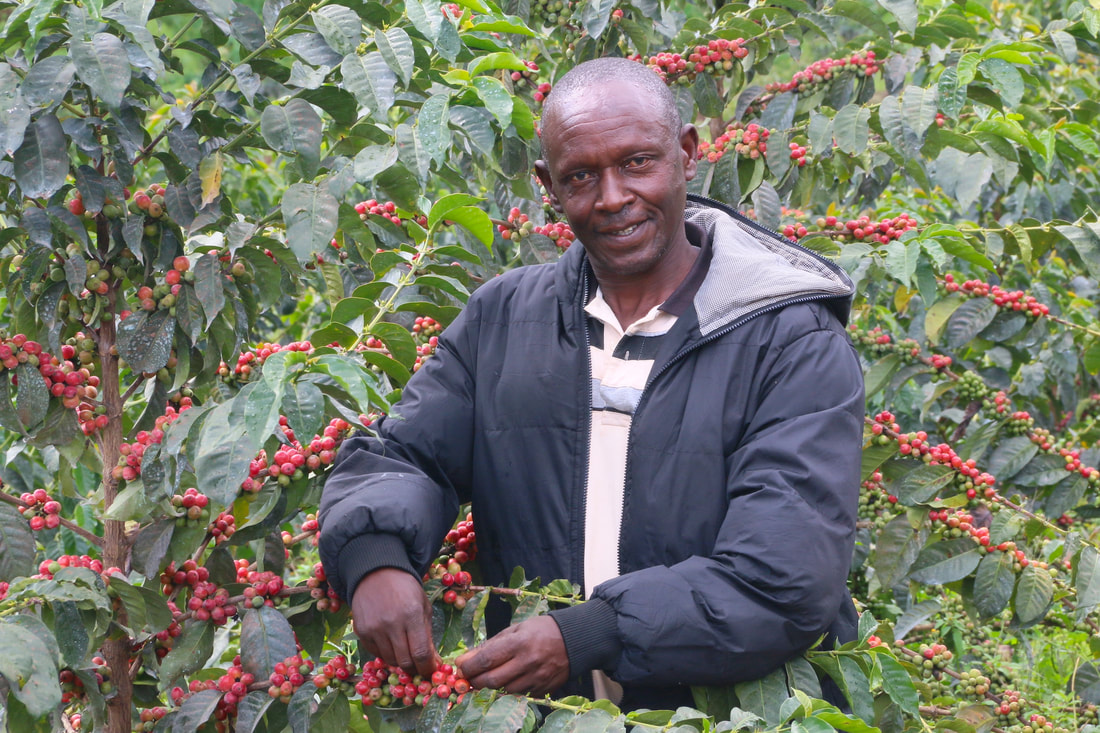
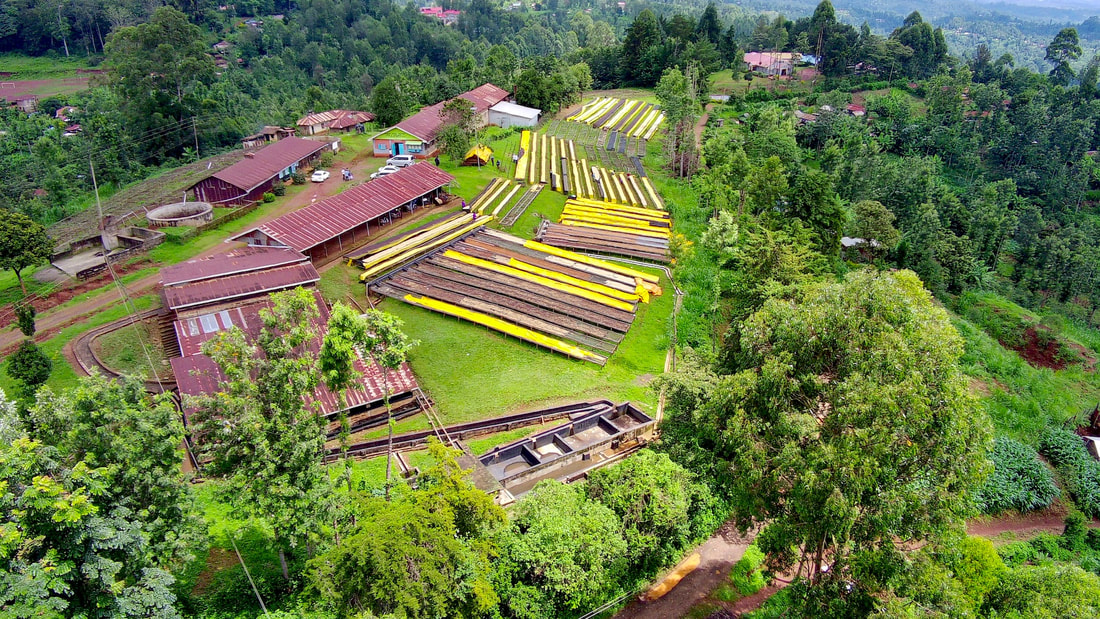
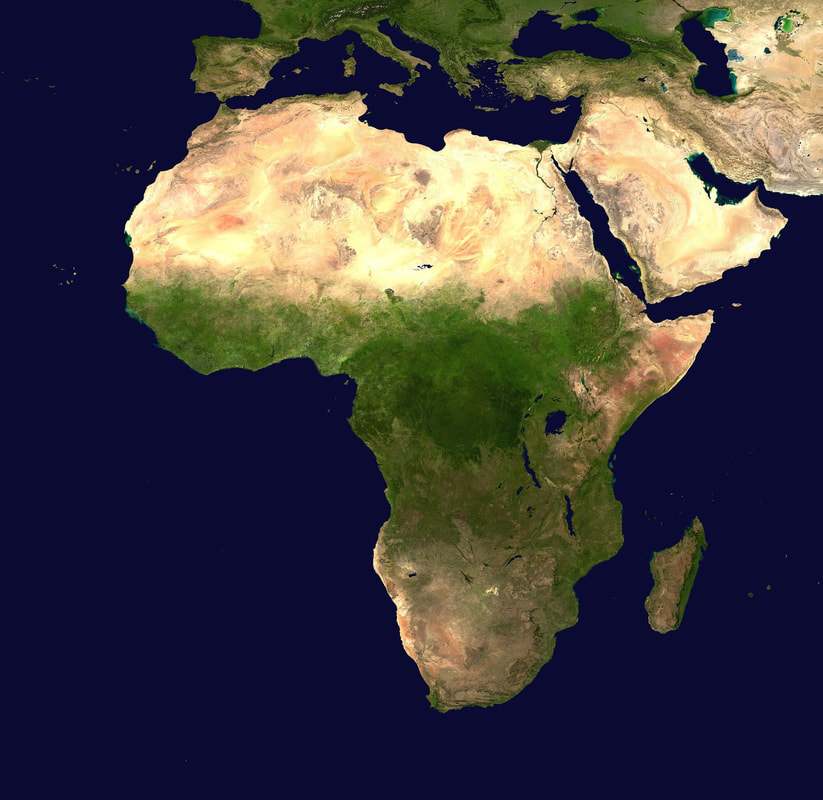
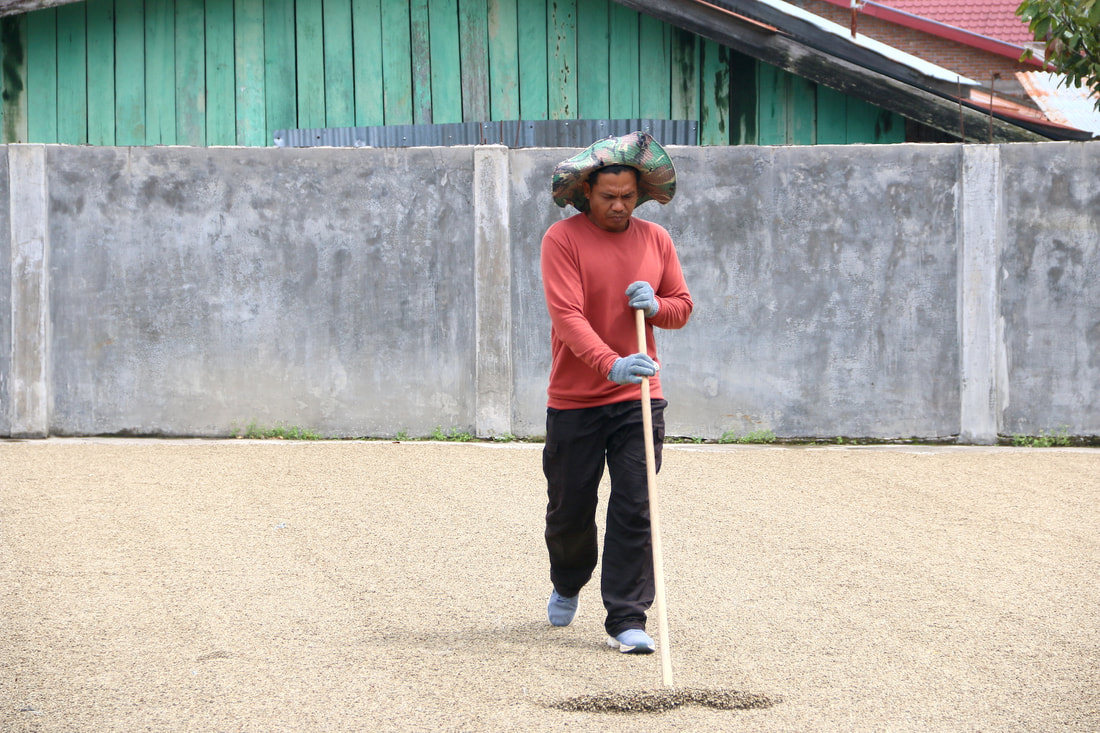
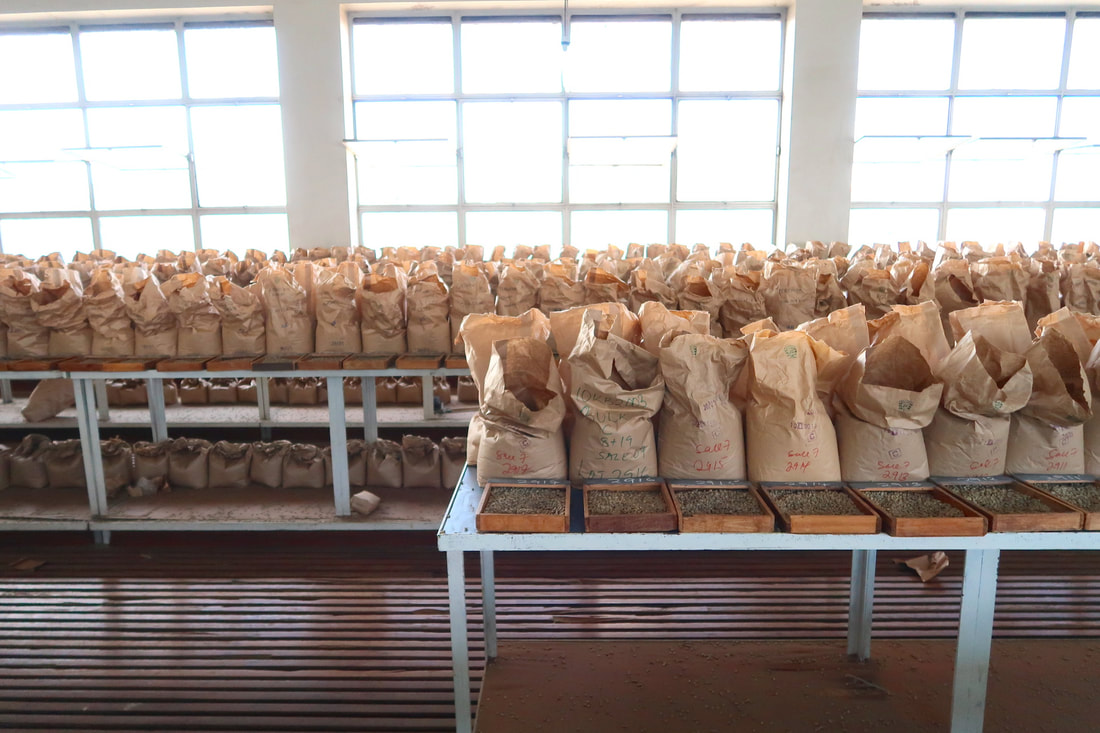
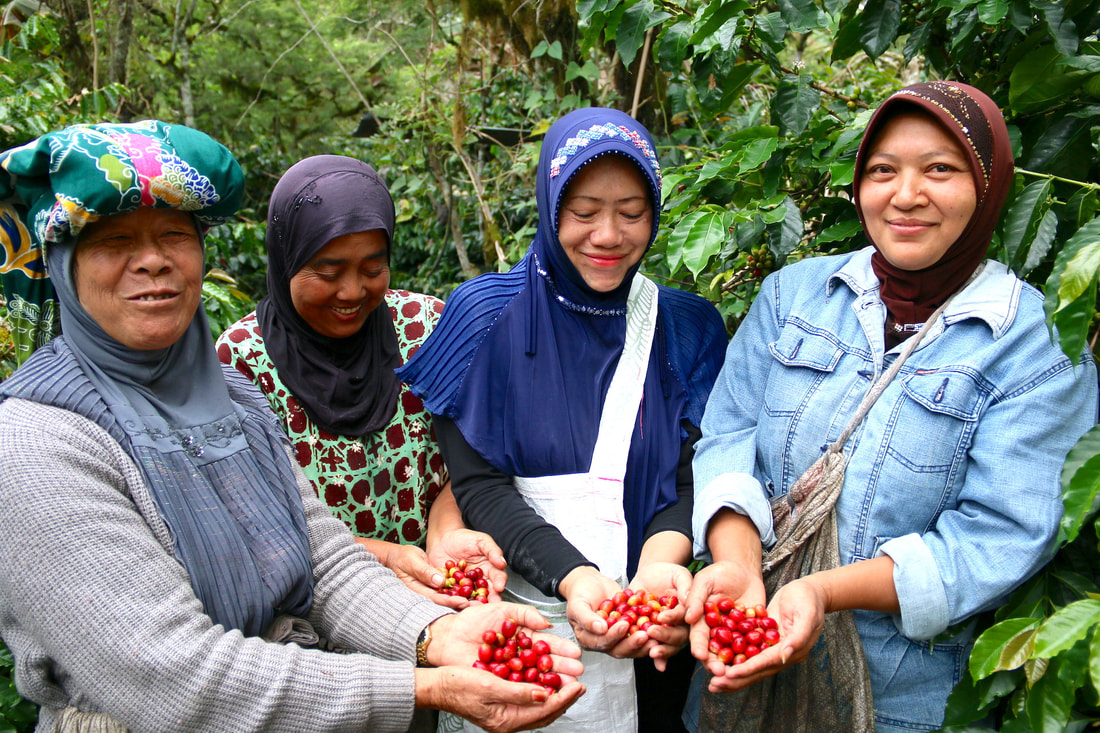
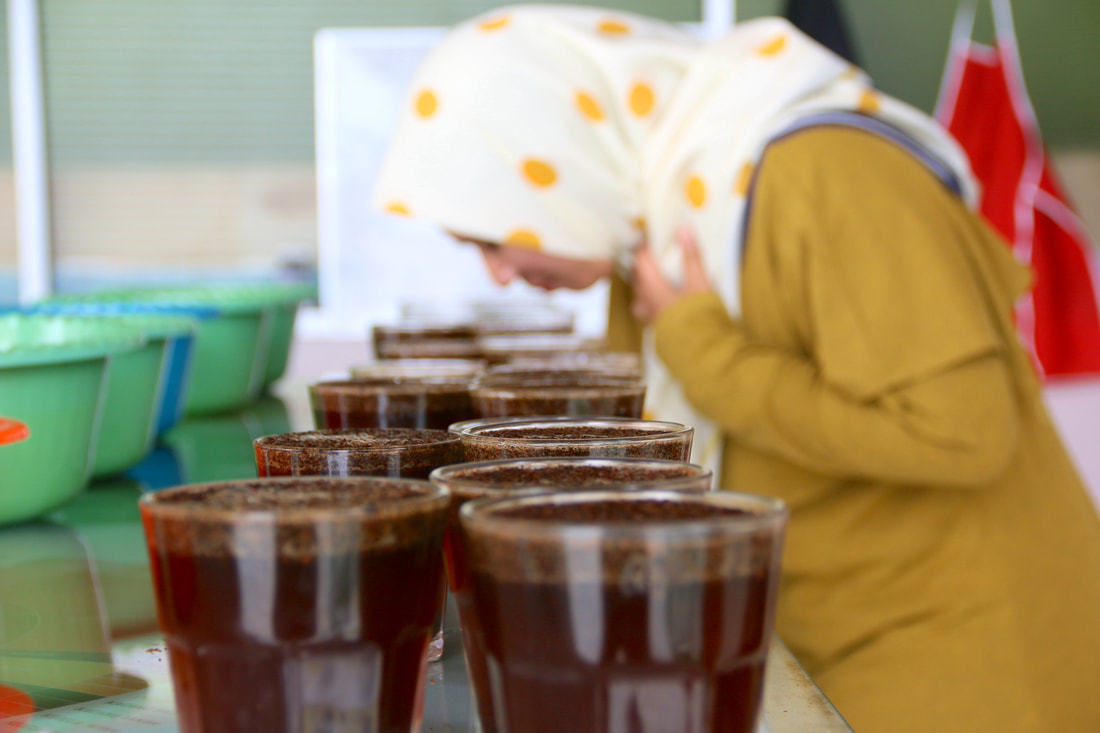
 RSS Feed
RSS Feed